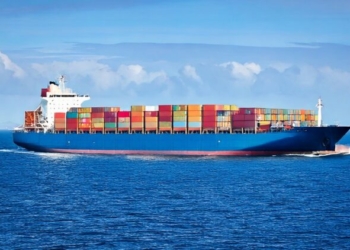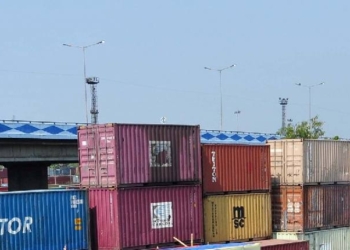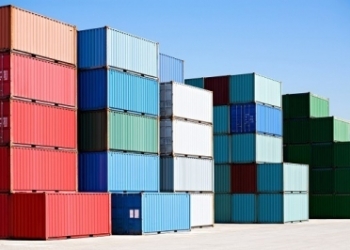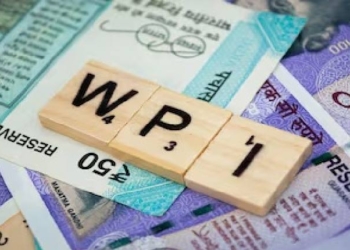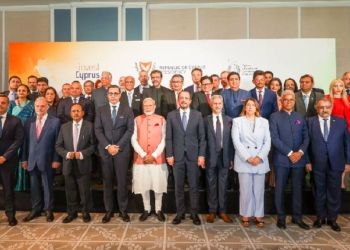New Delhi: Oil marketing companies (OMCs) may have to cut petrol and diesel price by Rs 4-5 a litre from August onwards given the key state elections likely from November-December onwards.
Though OMCs’ FY24 P/B valuations appear reasonable, there exists significant uncertainty on earnings in the fuel marketing business given risk of OPEC+ strong pricing power driving high crude price during the next election-heavy 9-12 months, JM Financial Institutional Securities said in a research.
Hence, optimism on OMCs will be contingent on crude sustaining below USD 80/bbl and government fully compensating for FY23 fuel under-recoveries.
OMCs valuations appear reasonable but sharp jump in crude price during elections could pose risk to OMCs marketing earnings, the report said.
However, OMCs marketing segment earnings could come under risk if Brent crude price jumps above OMCs break-even crude price of USD 85/barrel or if any fuel price cut is followed by rise in crude price, as reversal of fuel price cut might be unlikely during the election period.
Upside risk to crude price exists as we believe OPEC+ will continue to support Brent crude price at USD 75-80/bbl, which is the fiscal break-even crude price for Saudi Arabia, given their strong pricing power, the report said.
OMCs may be asked to cut petrol/diesel price by Rs 4-5/ltr from August onwards given the key state elections likely from November – December onwards.
Media reports suggest that the oil ministry may nudge OMCs to cut petrol/diesel prices as OMCs’ balance sheet has largely got repaired and are likely to report strong profits in 1QFY24; however, the reports didn’t mention the likely timeline and quantum of possible cuts as it will depend on level at which crude price and INR/USD exchange rate stabilises.
“Our calculation suggests that OMCs can potentially cut petrol/diesel prices by Rs 4-5/ltr from August’23 onwards, based on current crude price/product cracks, given the series of elections in the next 12 months (starting November – December’23)”, the report said.
The latest IEA report presents a completely grim picture for the refiners. Spare global refinery capacity is likely to reach 8 million bopd by CY28 amid capacity additions, slowing oil demand from transportation sector and competition from non-refined products, Motilal Oswal Financial Services said in a note.
China will play a key role in balancing the global refined product market as 44 per cent of the upcoming capacity during the next six years and 40 per cent of global spare capacity in CY28 will be concentrated in China.
Oversupply may lead to a glut of refined products in global markets that may weaken refining margins structurally over the medium term. IOCL will be the most hit by declining GRMs due to its highest refining leverage among OMCs, the research said.
(IANS)



